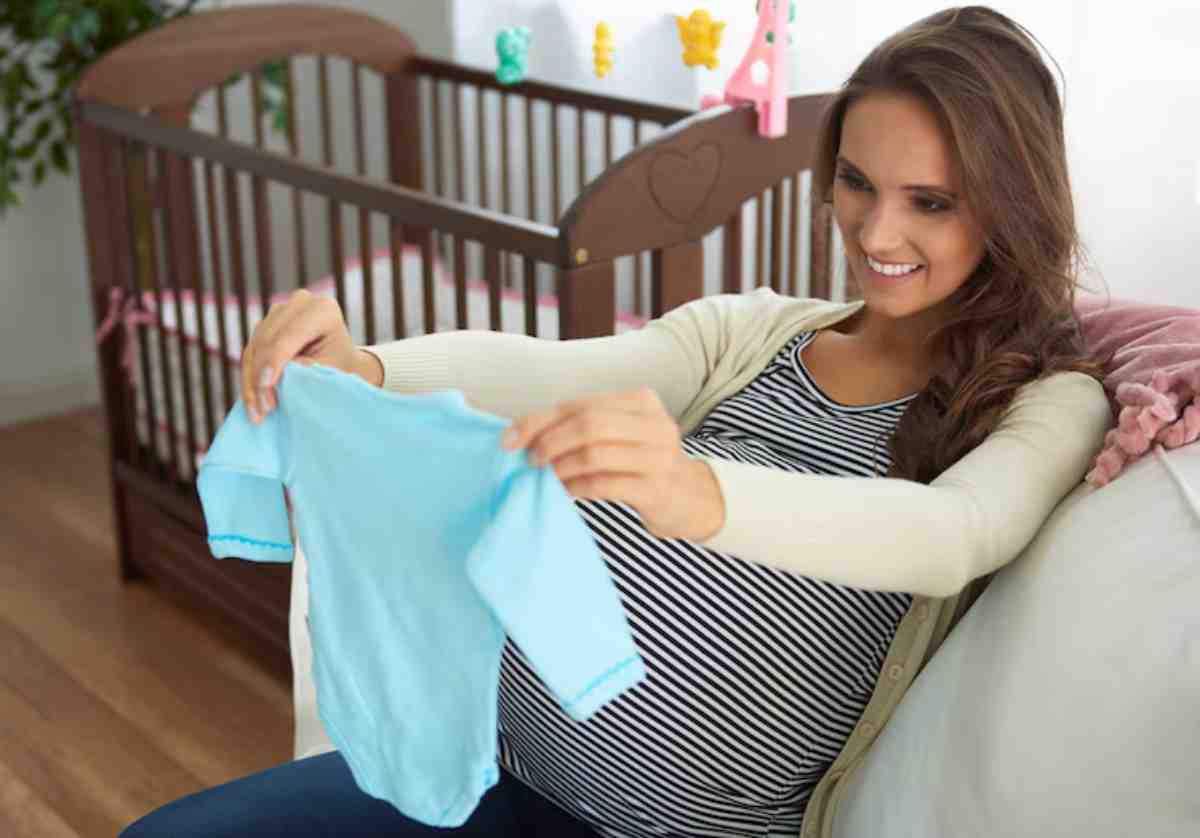
Budgeting When Expecting: Pre-Baby Cost Prep
Planning for a new baby is equal parts excitement, anticipation, and financial recalibration. Between hospital bags and nursery décor, it’s easy to lose sight of just how much a little one can shift your day-to-day spending. That’s why baby budget planning is so important.
Having a child is one of life’s biggest milestones – emotionally and economically. Whether it’s your first or fifth, building a smart prenatal expense plan helps ease money worries, keeps surprises to a minimum, and lets you focus on what matters most: welcoming your new family member with calm and confidence.
In this post, you’ll learn how to estimate and manage the major costs before birth, how to balance short-term prep with long-term planning, and how to approach expectant parent finances with clarity, control, and compassion.
Understanding the real costs before baby arrives
New parents often hear that “babies are expensive,” but what does that really mean? In the UK, the average first-year cost of raising a baby can reach £6,000 to £11,000, depending on lifestyle and choices. Much of that begins well before your due date.
Typical pre-baby costs include:

- Maternity clothes and personal care
- NHS or private antenatal classes
- Nursery setup (cot, changing table, decor)
- Travel system (car seat, pram, etc.)
- Healthcare and supplements
- Baby essentials (nappies, wipes, feeding gear)
- Maternity/paternity leave adjustments
Some items can be borrowed or bought secondhand, while others are one-time essentials. But they all add up. A good plan helps manage these costs without panic.
Create your pre-baby spending timeline
Planning over time makes expenses more manageable.
Break costs into three main phases:
1. Early pregnancy (0–13 weeks):
- GP visits, pregnancy tests
- First scan travel
- Early health supplements
2. Mid pregnancy (14–28 weeks):
- Maternity clothes
- Travel system research and deposits
- Booking antenatal classes
3. Late pregnancy (29 weeks onwards):
- Nursery furniture
- Baby clothing and feeding supplies
- Hospital bag and post-birth essentials
This timeline helps spread out costs, preventing a budget avalanche in your third trimester.
Prioritise essential vs. nice-to-have items
It’s tempting to buy everything on the checklist. But many parents find they only use a fraction of what they thought they needed.
Must-haves:
- Safe sleeping space (cot/Moses basket)
- Car seat (legally required from day one)
- Nappies, wipes, basic clothing
- Feeding equipment (bottles, pump, or nursing bras)
Optional items (for later or when needed):
- White noise machines
- Nappy bins
- Fancy baby clothes
- Bottle warmers
- Changing tables
Save by waiting to see what your baby prefers. Family and friends often gift these extras, too.
Already navigating gear and planning for a growing family? Our article on managing diaper, clothing & childcare costs offers deeper tips on long-term spending.
Prepare your monthly budget for income changes
Expecting a baby usually means changes in household income, especially if one parent takes time off work.
Review your income:
- Check maternity/paternity pay entitlements
- Explore Shared Parental Leave (SPL)
- Factor in benefits or support (Child Benefit, Universal Credit)
Adjust your outgoings:
- Reduce non-essentials (subscriptions, luxury spends)
- Plan for new essentials (baby items, transport, food)
- Build a “baby buffer fund” for unexpected needs
Try to live on your adjusted post-baby income before baby arrives. It helps you spot gaps early and build confidence.
Build an emergency fund for baby surprises

Even with careful planning, costs pop up unexpectedly – from late-night pharmacy runs to a different formula preference.
Aim to set aside at least three months’ essential expenses, including rent/mortgage, food, utilities, and transport.
Keep it in a separate, easy-access savings account. Even £500–£1,000 as a starter fund makes a real difference in the early days.
Want help building your fund alongside other goals? Read our guide on emergency funds as a safety net for irregular incomes.
Tap into community and support networks
Not all support is financial. Emotional, logistical, and informational help can make budgeting easier, too.
Tap into:
- Local parent groups and swaps (great for second-hand items)
- Baby banks or charities (for essentials)
- Free NHS resources and classes
- Online forums and Facebook groups (budget hacks and solidarity)
You don’t have to do it alone. The parenting village is real, and often generous.
Anticipate costs post-birth
Budgeting doesn’t stop at delivery.
Start prepping for the first six months after birth:
- Ongoing nappies and feeding supplies
- Possible formula or lactation consultant fees
- Baby classes or group memberships
- Adjusted transport (larger car, more fuel)
- A few last-minute items you didn’t expect
Start tracking these now to avoid scrambling when your hands are full.
Emotional budgeting: plan for time, too
Finances aren’t just about pounds and pence. Budgeting also means preparing for time, energy, and flexibility.
- How will you split parental leave?
- Can household tasks be outsourced or shared?
- Are you mentally prepared to earn less for a season?
This level of expectant parent finances includes emotional and lifestyle planning. Don’t overlook it.
Conclusion: Build a plan, then build a cot

Preparing for a baby doesn’t require perfection. It just requires intention.
By tackling your baby budget planning with structure and heart, you’ll create more than a cost spreadsheet – you’ll build peace of mind. With the right approach, you’ll enter parenthood feeling empowered, not overwhelmed.
Spend with purpose, share the load, know what’s essential, and remember: babies need your presence more than your purse.
You’ve got this.


